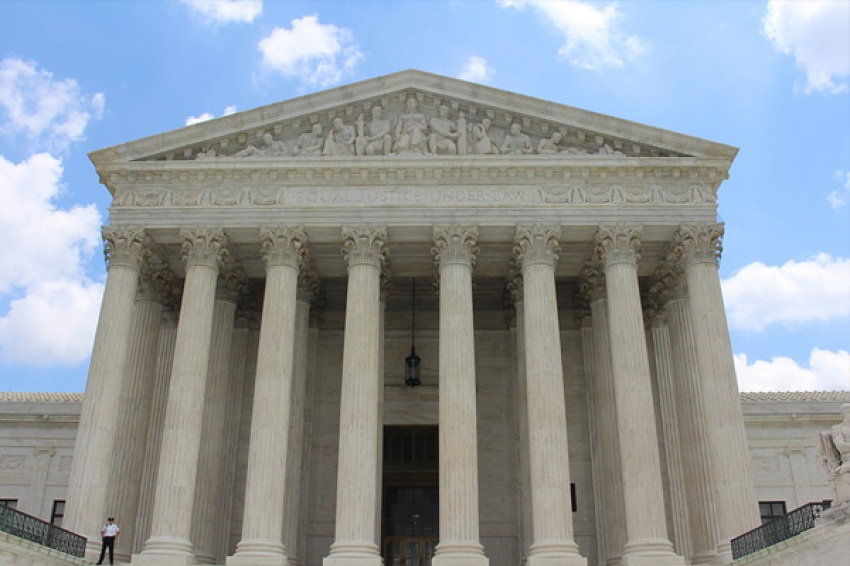Supreme Court declines to hear arguments in atheists lawsuit against city over hosting prayer vigil

The United States Supreme Court has declined to hear an appeal in a case regarding a group of atheists suing a Florida city for allowing the police department to hold a prayer vigil with faith leaders after a mass shooting.
In an orders list released Tuesday morning, the high court denied a petition to hear arguments in the case of City of Ocala, Florida v. Art Rojas, which centers on a lawsuit against officials for holding a prayer vigil in Ocala in 2014.
Justice Neil Gorsuch issued a statement of support for the denial of the petition that was included in the orders list, in which he argued that there was “no need for the Court’s intervention at this juncture.”
Gorsuch referenced the Supreme Court decision in Kennedy v. Bremerton School District, in which the high court ruled 6-3 that a public school district was wrong to punish a football coach for his practice of praying on the field after the end of games.
“This case remains in an interlocutory posture—the Eleventh Circuit has remanded the case to the District Court to permit it to consider Kennedy’s implications in the first instance,” stated Gorsuch.
“Moving forward, I expect lower courts will recognize that offended observer standing has no more foundation in the law than the Lemon test that inspired it. If I am wrong, the city is free to seek relief here after final judgment.”
Gorsuch went on to state that “most every governmental action probably offends somebody” and that “offense can be sincere, sometimes well taken, even wise.”
Justice Clarence Thomas authored a dissent to the denial of the petition, believing that “we should have granted certiorari to review whether respondents had standing to bring their claims.”
“This Court’s intervention has become increasingly necessary, as time has demonstrated that this problem is not going away by itself. Even those Courts of Appeals that recognize the apparent illegitimacy of offended observer standing now find themselves bound by Circuit precedent to apply it,” Thomas added.
“I continue to urge the Court to review the legitimacy of this form of standing. If the Courts of Appeals are unwilling to reconsider their offended observer precedents en banc, we should intervene …”
In 2014, a group of atheists sued the Ocala Police Department for holding a prayer vigil in response to a mass shooting. The group was represented by the American Humanist Association.
The U.S. District Court of Florida ruled in favor of the atheists in May 2018, rejecting an argument from defendants that the atheists lacked standing to sue over the prayer vigil.
Last July, a three-judge panel of the U.S. Court of Appeals for the 11th Circuit unanimously decided to remand the case back to the district court in light of the Kennedy decision, concluding that while the plaintiffs might have standing, the merits of their arguments were still to be determined.
Circuit Judge Ed Carnes authored the panel opinion, recognizing that the Lemon Test, the legal standard which argued that government endorsements of religion must fulfill a secular purpose, should be considered “gone” and “buried for good.”
“We remand this case to the district court to give it an opportunity to apply in the first instance the historical practices and understandings standard endorsed in Kennedy,” Carnes wrote.
AHA Legal Director and Senior Counsel Monica Miller said in a statement last August that she considered the panel ruling “a major victory considering the hostile judicial climate we are currently faced with.”
“The lower court is asked to ensure our victory still holds up under the recent Supreme Court cases and it unequivocally does,” Miller added.



























